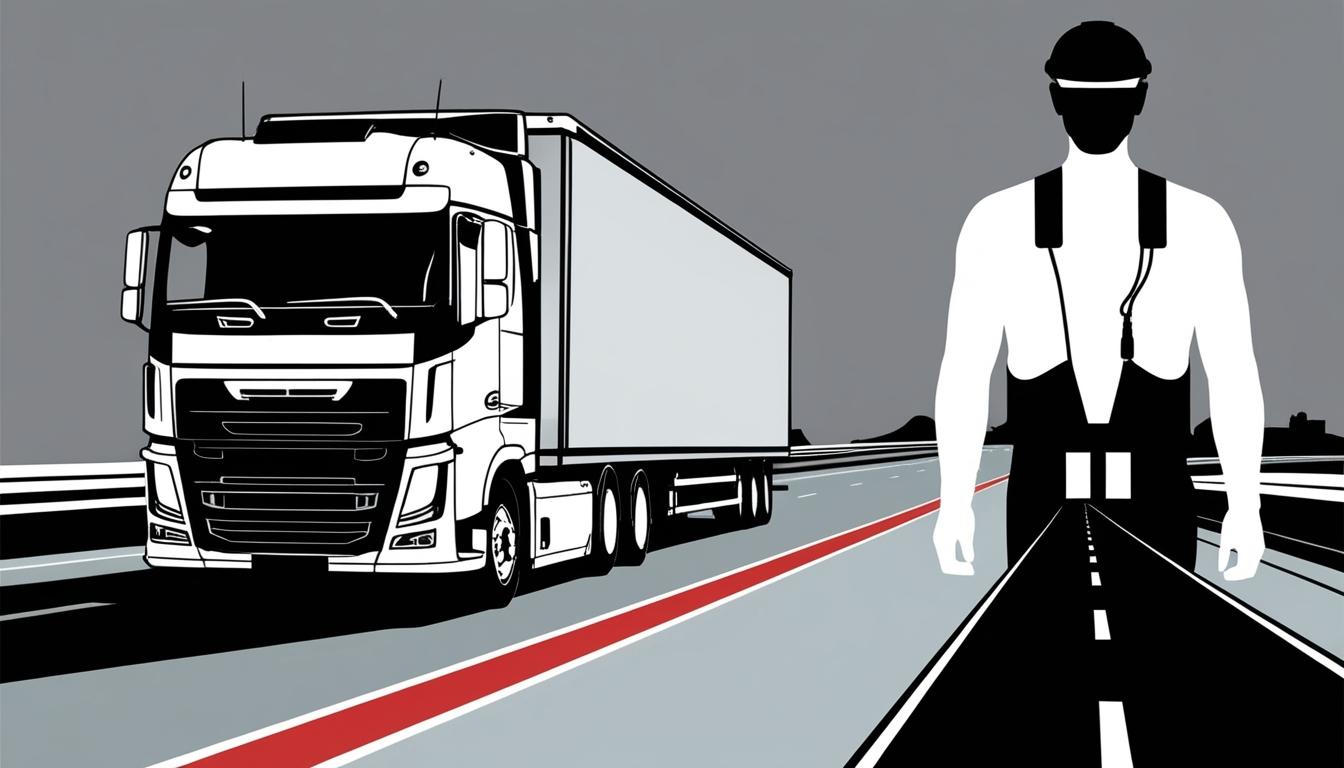The discourse surrounding the regulation of autonomous trucks is intensifying in various states across the United States, with key legislative efforts taking shape in Indiana and Montana.
In Indiana, the state Legislature convened on January 8, and lawmakers are set to discuss a proposed bill aimed at establishing guidelines for the operation of autonomous trucks on state roads. As it stands, Indiana law does not clarify whether a human operator must be present when automated vehicle platoons are in operation. Representative Cindy Ledbetter, a Republican from Newburgh, is advocating for legislation that would mandate a physical human operator in autonomous tractor-trailers transporting passengers or goods. Her proposal stipulates that operators must comply with all relevant state and federal qualifications for operating a tractor-trailer.
Under Ledbetter's bill, any autonomous vehicle found in violation of this rule would incur a fine of $500. Reflecting on the potential safety risks associated with autonomous technology, Ledbetter stated during a previous testimony that automated “trucks without drivers put us at more risk for accidents related to technological failures.” She has expressed concerns about the potential negative impact of this technology on employment in the state, emphasising that the freight market is currently saturated with too many trucks chasing too little cargo. Furthermore, Ledbetter highlighted a lack of regulatory oversight as a significant issue in ensuring safety in the evolving landscape of automated trucking.
Meanwhile, in Montana, the Legislature commenced its regular session on January 6, with the regulation of autonomous trucks also on the agenda. Representative Zack Wirth, a Republican from Wolf Creek, has introduced legislation to facilitate truck platooning on state highways. House Bill 97 proposes that the lead vehicle in a platoon must be operated by a licensed commercial driver who is capable of taking control of the vehicle if necessary.
Additionally, the bill mandates that the Montana Department of Transportation (MDT) establish rules to manage platooning operations during hazardous road conditions. The MDT has acknowledged the potential benefits of implementing truck platooning, noting that it could enhance surface transportation and stimulate economic growth. However, they have also cautioned that the unique geographic and climatic challenges in Montana, such as mountainous terrain, unpredictable weather, and rural infrastructure, may complicate the testing and use of these technologies compared to other states.
The legislation pertaining to both states highlights a burgeoning sector within the transportation industry that requires careful consideration of safety, regulatory frameworks, and the economic implications for existing trucking operations. Future legislative sessions in Indiana and Montana will be crucial in determining the extent to which autonomous trucking technology will be integrated into their respective transport systems. The Montana House Transportation Committee is expected to hold a hearing on HB97 on January 13, which will include opportunities for public participation.
As the discussions unfold, the Owner-Operator Independent Drivers Association (OOIDA) has recognised the potential of these technological advancements while also emphasising the inherent challenges related to highway safety and employment impacts in the trucking sector.
Source: Noah Wire Services
